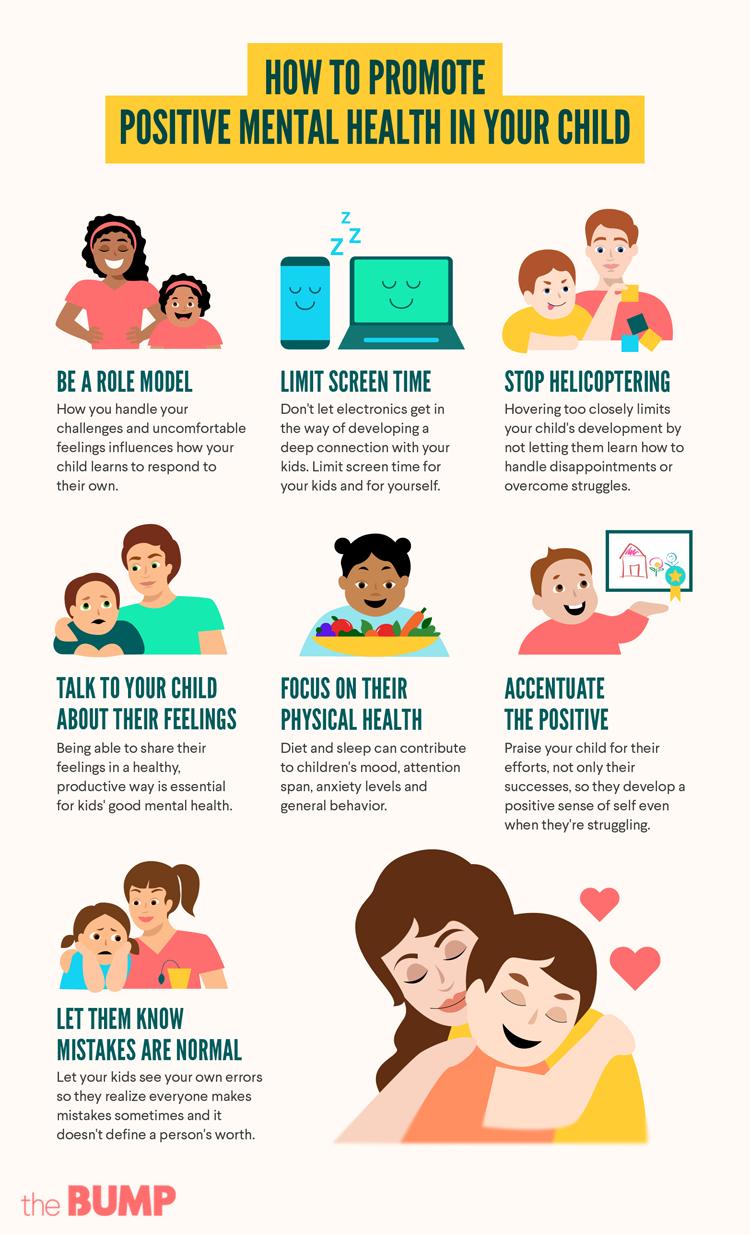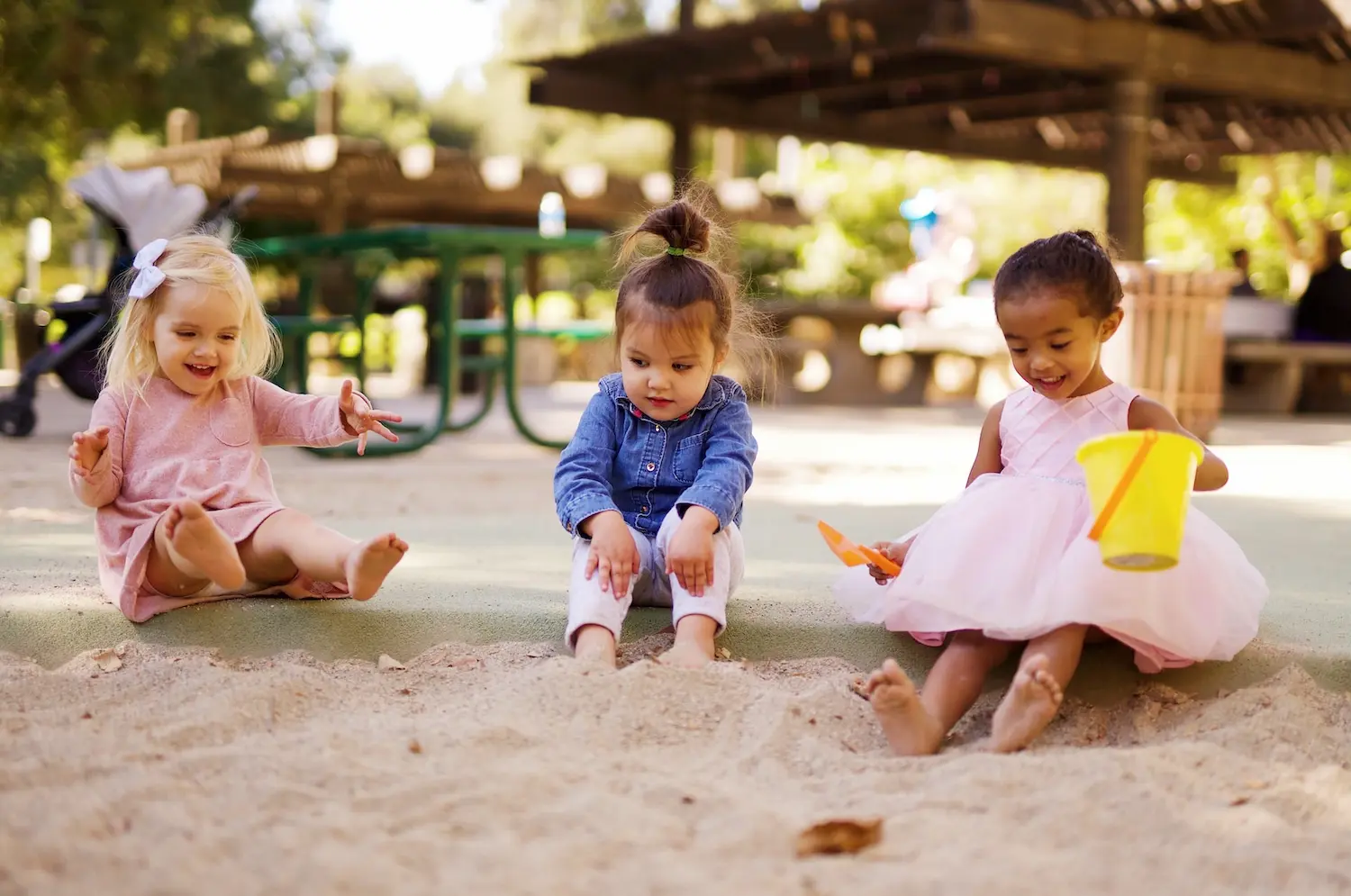
Nurturing Young Minds: Fostering Kids’ Mental Well-being

Nurturing Young Minds: Fostering Kids’ Mental Well-being
In today’s fast-paced world, the well-being of our children is a top priority. As we navigate the challenges of modern life, it’s crucial to pay attention to the mental health of our youngest generation.
Understanding the Importance of Kids’ Mental Health
Children, like adults, experience a wide range of emotions and challenges. However, they may not have the tools to cope with these feelings effectively. Recognizing the significance of kids’ mental health is the first step towards creating a supportive environment for their emotional development.
Ensuring that children grow up in an atmosphere that values and prioritizes mental well-being sets the stage for a healthier and more resilient future generation.
Early Signs and Signals: Identifying Mental Health Issues in Kids
Understanding the early signs of mental health issues in children is essential for timely intervention. Behavioral changes, withdrawal from social activities, and difficulty concentrating can be indicators of underlying challenges. By recognizing these signals early on, parents, educators, and caregivers can provide the necessary support to help children navigate their emotions.
Fostering Open Communication: A Key to Emotional Well-being
Open and honest communication is a cornerstone of promoting mental health in children. Creating a safe space for kids to express their thoughts and feelings without fear of judgment is crucial. Encouraging dialogue fosters a strong emotional connection and helps children develop effective communication skills, which are vital for their overall well-being.
Educational Initiatives: Integrating Mental Health into the Curriculum
Integrating mental health education into school curricula is an effective way to raise awareness and provide children with tools to manage their emotional health. By destigmatizing conversations around mental well-being, we empower kids to seek help when needed and equip them with lifelong coping mechanisms.
Educators play a pivotal role in shaping a positive and inclusive environment where mental health is prioritized. When children receive education about emotions and mental health from an early age, they are better equipped to navigate challenges in their academic and personal lives.
Community Support: Building Networks for Kids’ Mental Health
Creating a supportive community is instrumental in promoting kids’ mental health. Collaborative efforts among parents, schools, and community organizations can establish a network of resources for children facing mental health challenges. By working together, we can break down barriers and ensure that every child receives the support they need.
The Role of Technology: Balancing Screen Time for Mental Well-being
In today’s digital age, technology is an integral part of children’s lives. While it offers numerous benefits, excessive screen time can have implications for mental health. Striking a balance between online and offline activities is essential. Parents and caregivers should actively engage in monitoring and regulating screen time to promote a healthy mental environment for children.
Kids Mental Health: A Collective Responsibility
As a society, we share the responsibility of nurturing the mental well-being of our children. By being proactive, observant, and supportive, we can create an environment where kids feel valued, understood, and equipped to face life’s challenges.
In conclusion, fostering kids’ mental well-being is a multifaceted effort that requires collaboration from parents, educators, communities, and policymakers. By investing in the mental health of our youngest generation, we contribute to a future where every child can thrive emotionally and lead fulfilling lives.
To learn more about Kids Mental Health, visit PetuniaPickleBottom.org.











